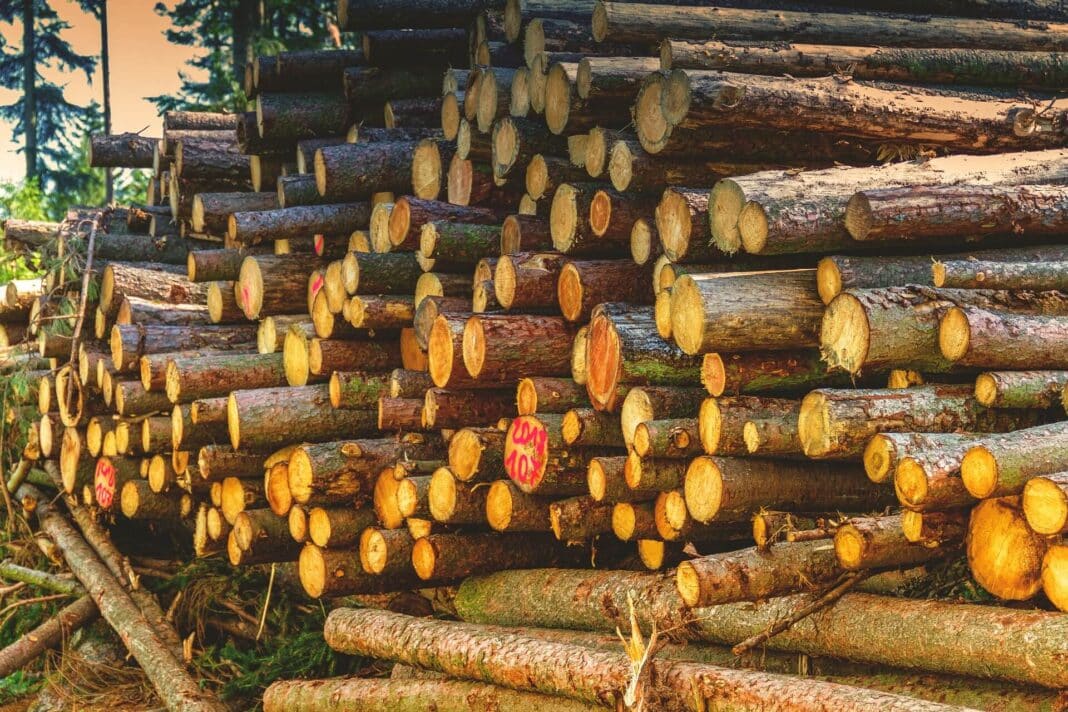New Zealand’s government has taken a significant step in the fight against the illicit timber trade by enacting the Forests (Legal Harvest Assurance) Amendment Bill. As of 17 May, this law puts forth a regulatory framework that ensures the legality of harvested timber, thereby bolstering international trust in New Zealand’s timber industry.
Forestry Minister Peeni Henare states, “Illegal timber trading accounts for 15 to 30 percent of the total global timber trade. This problem is not only environmental but also undermines the economic well-being of local communities and ethical businesses.”
The legislation introduces a ‘legal harvest assurance system,‘ requiring forest owners or those in charge of the harvest to provide legal harvest information to the log buyer.
Wood Central understands that the new AS / NZS 4708 standard for Sustainable Forest Management could serve as proof of legality.
The Ministry for Primary Industries elaborated on the purpose of this new regulatory scheme, explaining, “The legal harvest assurance system ensures that New Zealand’s timber trade does not exacerbate the global issue of illegal logging. Entities involved in the harvesting, trading, or processing of indigenous and exotic timber must take steps to ensure its legal origin.”
How the System Might Work:
- Registered operators must develop a due diligence plan outlining their strategy to ensure the legality of timber products. This plan may include private certification schemes such as FSC and PEFC.
- Forest owners or harvesters must provide legal harvest statements and supporting evidence upon request.
- Importers need to use their due diligence system to verify the legality of timber products before importing them.
- All parties must pass a “fit and proper person” test and make an annual compliance declaration.
- Documentation must be meticulously maintained and follow the timber through every stage of the supply chain.
- Exporters can apply for an exporter statement from MPI to facilitate trading and market access.
- Log traders registered under the Forests Act 1949 must also register under the Legal Harvest Bill to maintain regulatory compliance.
- The new law highlights New Zealand’s commitment to global efforts to combat illegal timber trading. Everyone from forest owners to log traders, processors, and importers is required to verify the legality of their timber.
Minister Henare pointed out the two-fold benefits of this legislation, noting, “This system is beneficial to businesses as it demonstrates their due diligence on the legality of their timber products. Additionally, it ensures that timber products imported into New Zealand are sourced from legally harvested forests.”
New Zealand’s legislation aligns with similar laws in Australia, the US, the EU, Vietnam, China, Indonesia, Japan, and Korea. Minister Henare warned of the potential risk of non-compliance: “Without a legal harvest scheme, we risk losing our export markets, which receive nearly 85 percent of our timber products.”
The law includes a transition period of three years for initiation and an additional year for compliance. During this period, the Ministry for Primary Industries and Te Uru Rākau – New Zealand Forestry Service will collaborate with the industry to establish practical and robust regulations.






